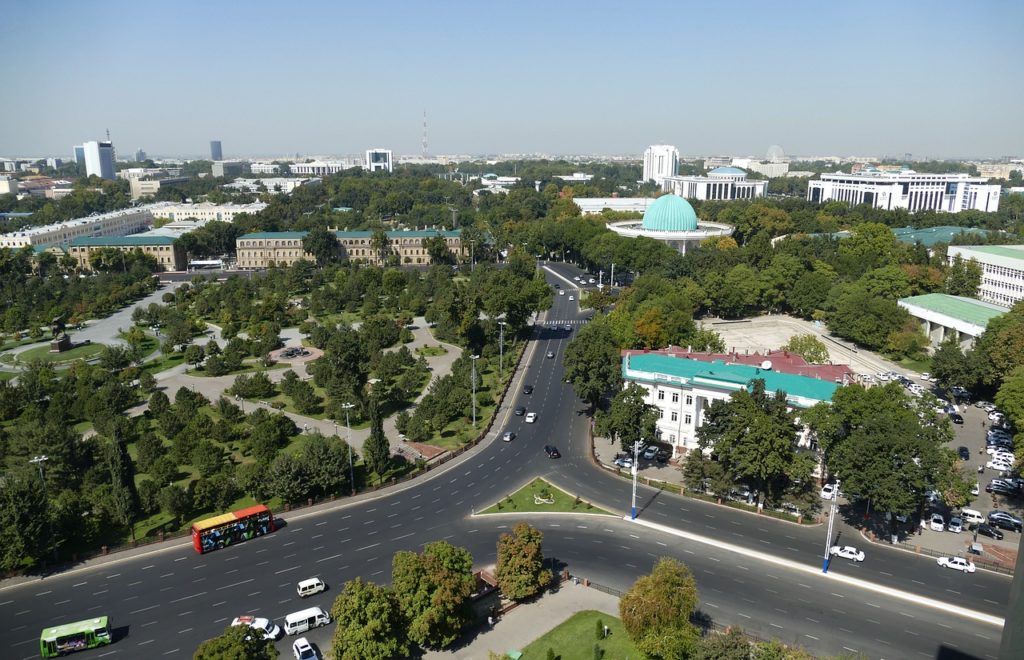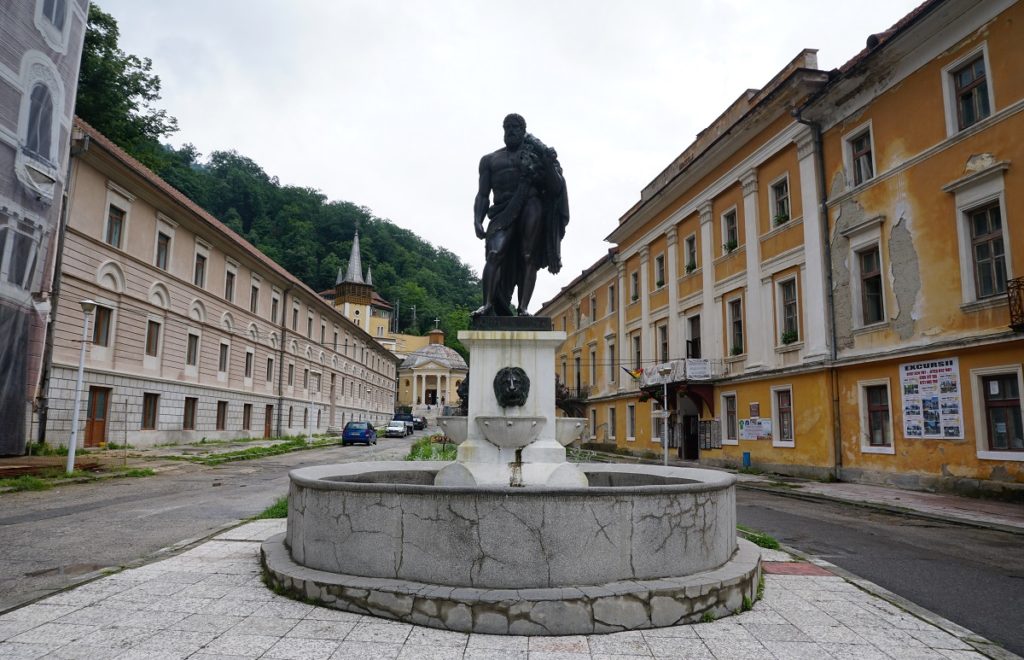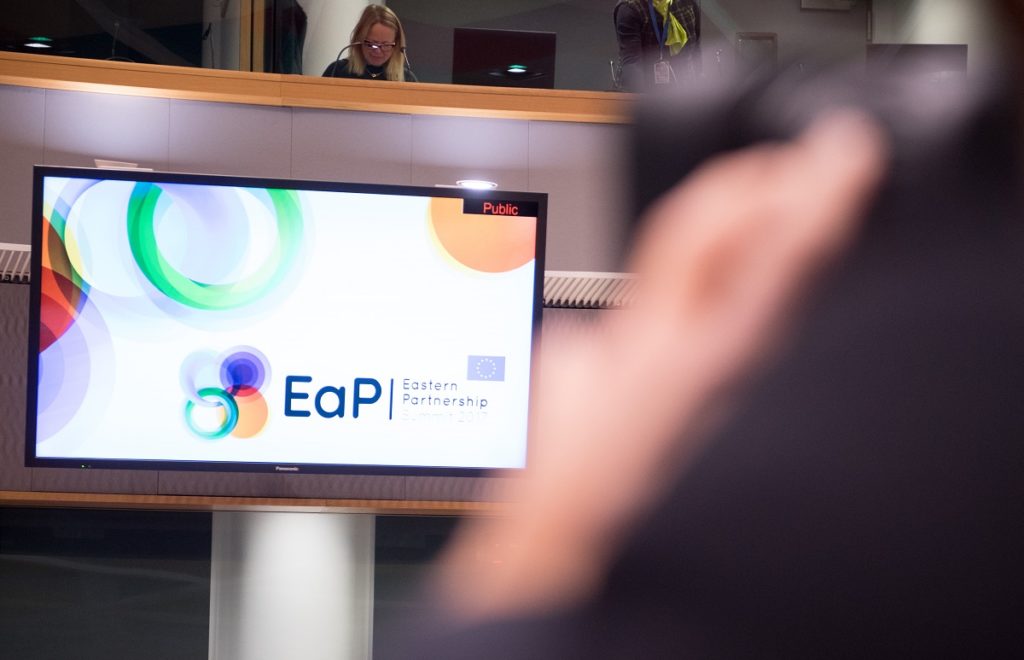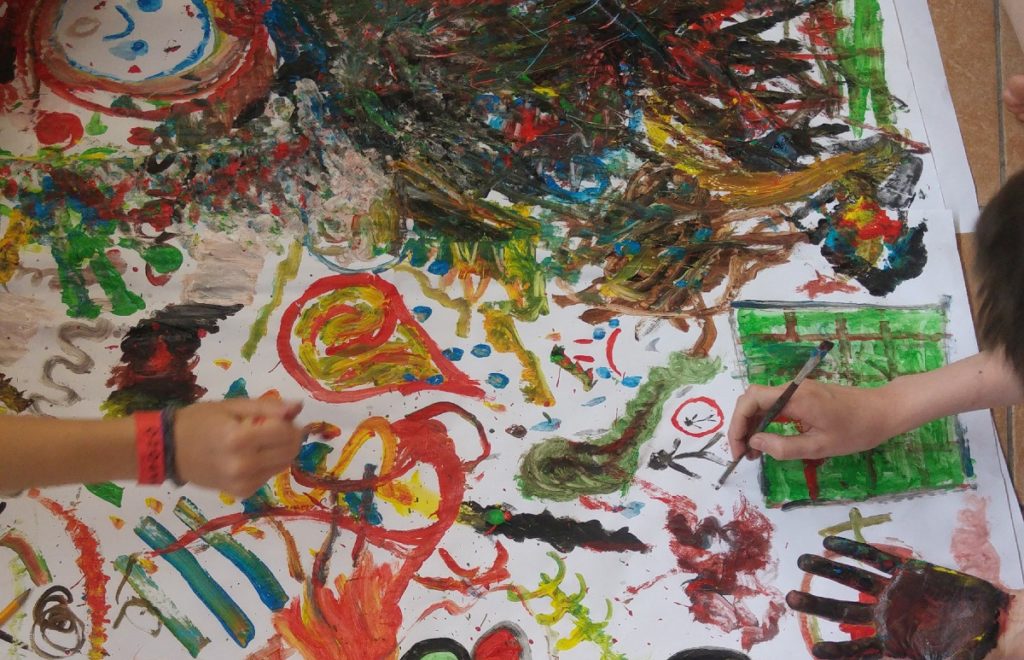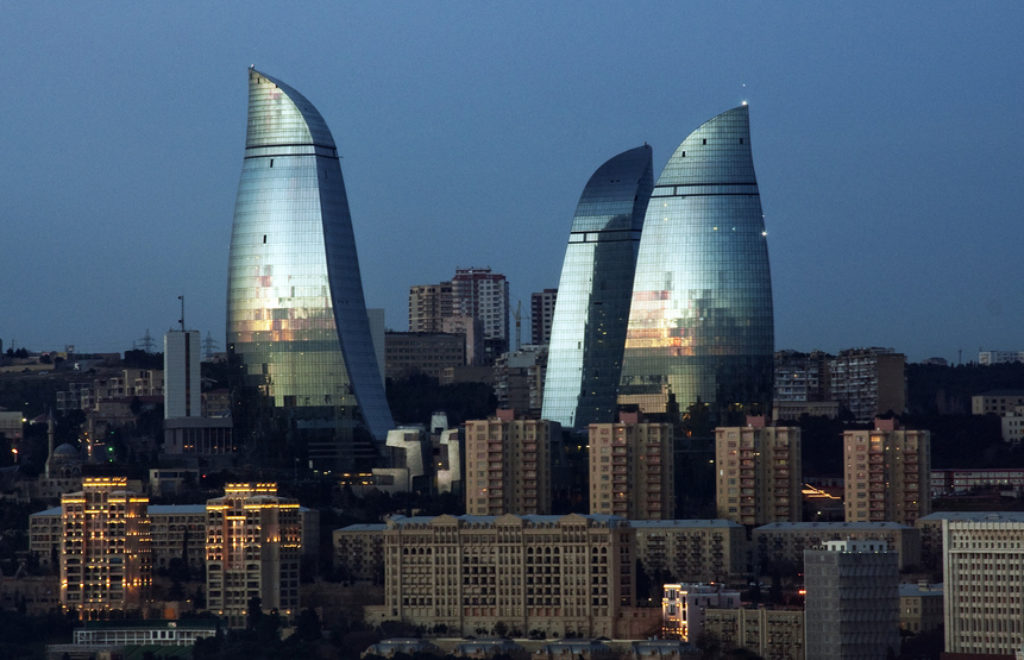Youtubers, influencers and creative activists are the new vanguard in Central Asia
Over the past decade, the European Union has ceded ground in Central Asia, not only to Russia and a newly assertive China, but also to the Gulf states and Turkey, and experts forecast its influence is set to further decline. As EU Special Representative Peter Burian once quipped, “China is coming with an offer nobody can refuse, while the EU is coming with an offer nobody can understand.”
April 7, 2020 - Barbara von Ow-Freytag


